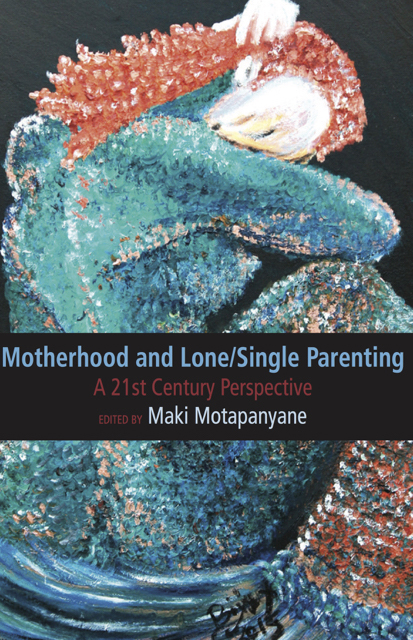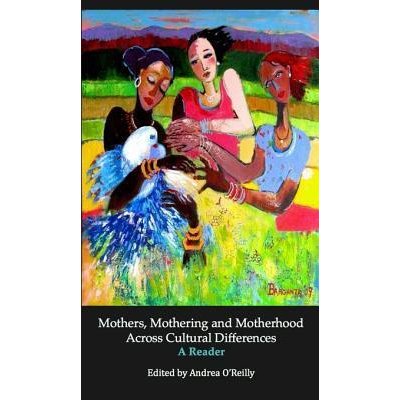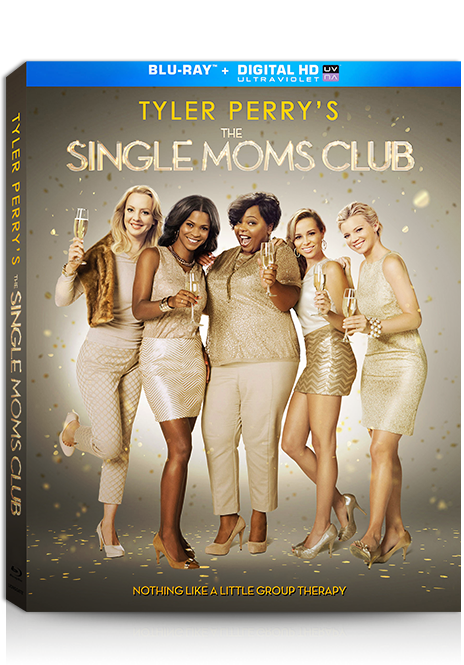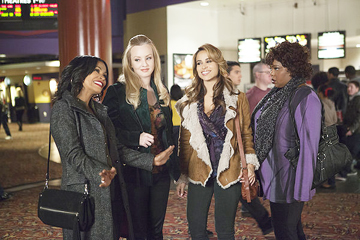I Play, Therefore I Am: Resisting the “Work” of Single Motherhood in a Culture of Labour-Intensive Parenting
in Motherhood and Lone/Single Parenting, Demeter Press
Abstract: American parenting standards have proved overwhelming in recent years, in part because comparing parenting to unpaid economic labor has shifted how we think about rearing children. For single mothers, whose cultural worth often rests on their ability to present themselves as self-sufficient labourers, these standards prove particularly damning. This essay argues that validating single mothers as hard workers re-inscribes the values of capitalism – and that a willingness to discuss parenting in other terms can offer new routes and understandings. Looking at concepts of play can create a richer imaginative framework out of which to conceptualize care and attention in rearing children. As play works to expand meaning and create significant engagement between our internal and external worlds, it is an invaluable resource for both adults and children alike to become problem-solvers. Play within the family allows collaborative meaning building and ways to order reality cooperatively that can resist detrimental cultural expectations for perfection and self-sufficiency.
Her Cape is at the Cleaner: Searching for Single Motherhood in a Culture of Self-Sufficiency
in Mothers, Mothering and Motherhood Across Cultural Differences: A Reader
The narrative of the hard-working single mom is broadly visible in culture. What is less visible is how the stories of hard work, which follow Euro-American, middle class standards, continue to hold single mothers to nuclear family ideals. Many who write about single motherhood object to framing single motherhood as an absence; they focus on -and try to correct- the way in which single motherhood is construed as paternal void. Here I continue that work by being concerned with what single mothers are expected to have. Single mothers are supposed to be filled with special determination, purpose, and incredible strength. But what if these “positive” stories are actually hurting single mothers?
Why Can't Pop Culture Get Single Moms Right?
in The Atlantic
Tyler Perry's Single Moms Club offers a more compassionate, informed portrait of single mothers than most films: While many mainstream portrayals show single mothers progressing toward independent empowerment or trying to “make it on their own,” The Single Moms Club suggests single mothers could create a “sisterhood,” rather than simply accepting self-sufficiency as the only option for “good” single moms. Perry points to the possibility of single mothers co-parenting, which can facilitate (and normalize) care across nuclear-family lines. His film nods to alternative parenting communities, groups that are often hidden (such as the black lesbian mothers in Mignon Moore’s Invisible Families). These communities are not just mothers forced into dependency, but women outside the mainstream who are creating alternative ways of mothering with (as Andrea O’Reilly says of “mother outlaws”) agency, authority, and authenticity.




